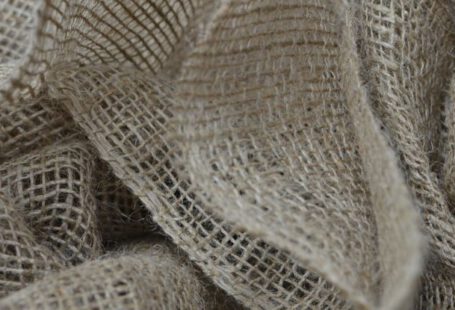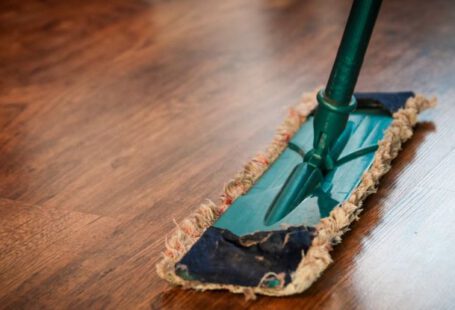Once you have successfully turned your food scraps, yard waste, and other organic materials into rich, dark compost, you may be wondering what to do with the finished product. Compost is a valuable resource that can benefit your garden, household plants, and even the environment. Let’s explore the various ways you can make the most of your finished compost.
Using Compost in the Garden
One of the most common and beneficial uses of finished compost is to incorporate it into your garden soil. Compost is a natural fertilizer that enriches the soil with essential nutrients, improves its structure, and enhances its ability to retain moisture. When added to vegetable gardens, flower beds, or container plants, compost can promote healthy plant growth and increase yields. Simply mix the compost into the top few inches of soil or use it as a topdressing around existing plants.
Mulching with Compost
In addition to amending garden soil, compost can also be used as mulch to cover the soil surface around plants. Compost mulch helps to suppress weeds, retain soil moisture, regulate soil temperature, and provide a gradual release of nutrients as it decomposes. Apply a layer of compost mulch several inches thick around trees, shrubs, and garden beds to reap these benefits and improve the overall health of your plants.
Creating Compost Tea
Compost tea is a liquid fertilizer made by steeping finished compost in water. This nutrient-rich solution can be sprayed onto plants as a foliar feed or poured directly into the soil to nourish plant roots. To make compost tea, place a mesh bag filled with compost in a bucket of water and allow it to steep for a few days, stirring occasionally. Strain out the solids and use the resulting liquid to give your plants a boost of organic nutrients.
Starting Seedlings
Another creative way to use finished compost is to incorporate it into seed-starting mixes. The nutrients and beneficial microorganisms present in compost can help young seedlings establish strong root systems and grow vigorously. Mix compost with other ingredients like vermiculite, perlite, and peat moss to create a lightweight and nutrient-rich growing medium for starting seeds indoors or in a greenhouse. Remember to sterilize the compost before using it to prevent the introduction of harmful pathogens.
Composting with Worms
If you’re interested in taking your composting efforts to the next level, consider setting up a worm bin to create vermicompost. Red wiggler worms can efficiently break down kitchen scraps and other organic materials into nutrient-rich worm castings, which are prized for their high levels of beneficial microbes and plant nutrients. Vermicompost can be used as a topdressing for houseplants, garden beds, or seedlings to promote healthy growth and improve soil fertility.
Recycling Compostable Materials
Aside from using finished compost on your own property, you can also share the wealth by giving away excess compost to friends, family, or neighbors. Many community gardens, schools, and local farms would welcome donations of high-quality compost to enrich their soil and support their growing efforts. By recycling your compostable materials into nutrient-rich soil amendments, you’re not only benefitting your own garden but also contributing to a more sustainable and eco-friendly lifestyle.
Making the Most of Your Finished Compost
In conclusion, finished compost is a versatile and valuable resource that can be utilized in a variety of ways to benefit your plants, garden, and environment. Whether you choose to amend your soil, mulch your plants, brew compost tea, start seedlings, vermicompost, or share your compost with others, you’re harnessing the power of nature to nourish and sustain your green spaces. By incorporating compost into your gardening practices, you’re not only improving plant health and soil fertility but also reducing waste and promoting a more sustainable way of living. So, roll up your sleeves, grab a shovel, and get ready to make the most of your finished compost!





